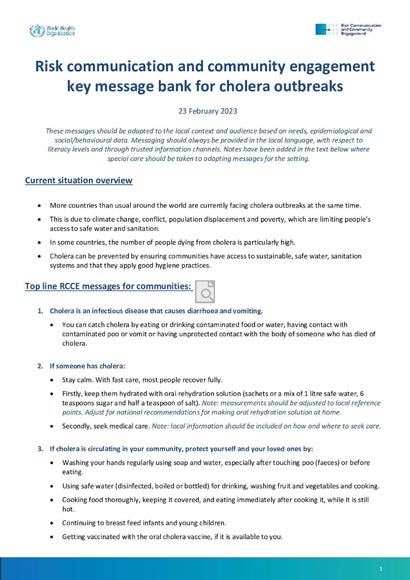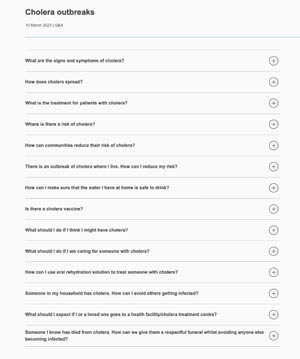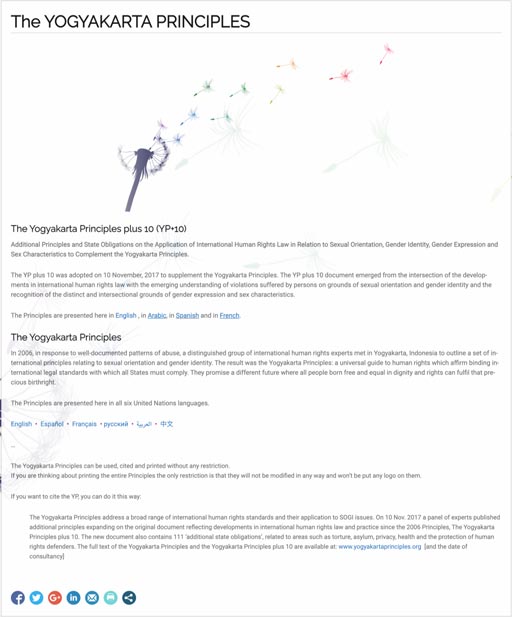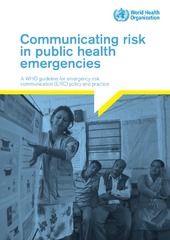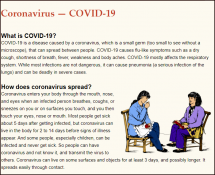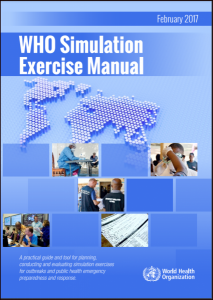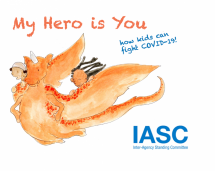Communicating risk in public health emergencies: a WHO guideline for emergency risk communication (ERC) policy and practice
These guidelines provide evidence-based guidance on how risk communication should be practiced in an emergency, including guidance to countries on building capacity for communicating risk during health emergencies. This includes guidance on: building trust and engaging with communities and affected populations; integrating risk communication into existing national and local emergency preparedness and response structures; and emergency risk communication practice—from strategizing, planning, coordinating, messaging, channeling, and different methods and approaches of communication and engagement, to monitoring and evaluation—based on a systematic assessment of the evidence on what worked and what did not work during recent emergencies.
This includes guidance on: building trust and engaging with communities and affected populations; integrating risk communication into existing national and local emergency preparedness and response structures; · ERC practice – It covers strategizing, planning, coordinating, messaging, channeling, and different methods and approaches of communication and engagement. It also touches on monitoring and evaluation – based on a systematic assessment of the evidence of what worked and what did not work during recent emergencies.
Communication du risque pendant les urgences sanitaires
Cette ressource offre des conseils stratégiques et pratiques de l’Organisation mondiale de la santé (OMS) sur la communication des risques pendant les urgences. Elle souligne l’importance de fournir des informations exactes de manière précoce et fréquente par le biais de canaux fiables, dans des langues comprises par la population. Ces orientations permettent de s’assurer que les populations à risque comprennent comment se protéger, protéger leur famille et leur communauté des risques sanitaires.
Last modified: March 31, 2022
Language: Arabic, Chinese, English, French, Portuguese
Source: World Health Organization
Year of Publication: 2018

